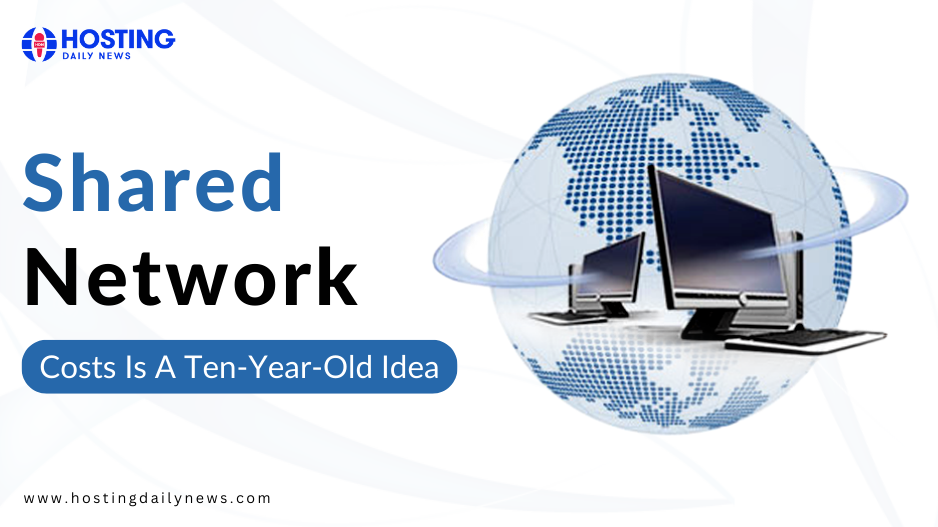
Google Says That Shared Network Costs Is A 10-Year-Old Concept That’s Also Harmful To Consumers
The comments by Matt Brittin, Google’s president of EMEA business and operations, came as the European Commission stated that it will seek an opinion from the telecommunications and technology companies on the subject in the coming months before making any legislative proposals.
Alphabet unit Google, rebuffed a bid by European telecommunications operators on Monday to get Big Tech to help cover network expenses, calling it a 10-year-old concept that was terrible for customers and noting that the business was already investing millions in internet infrastructure.
Deutsche Telekom, Orange, Telefonica, and other large operators have long complained about IT rivals freeriding on their networks, claiming that they consume a large portion of internet traffic and should pay for it.
The idea floated more than 10 years ago, could disrupt Europe’s net neutrality or open internet access, Brittin said.
“Introducing a ‘sender pays’ principle is not a new idea, and would upend many of the principles of the open internet,” he said according to the text of a speech to be delivered at a conference organized by telecoms lobbying group ETNO.
“These arguments are similar to those we heard 10 or more years ago and we have not seen new data that changes the situation.”
It “could have a negative impact on consumers, especially at a time of price increases,” Brittin said, citing a report by pan-European consumer group BEUC outlining such concerns.
He stated that Google, the owner of YouTube, has contributed to telecom providers’ efficiency by transmitting traffic 99% of the time and investing millions of euros in the process.
“By 2021, we will have invested over 23 billion euros in capital expenditure, the majority of which will be infrastructure,” Brittin stated.
These include six big data centers in Europe, 20 subsea cables worldwide, five of which are in Europe, and caches to store digital material within local networks in 20 places around Europe.
